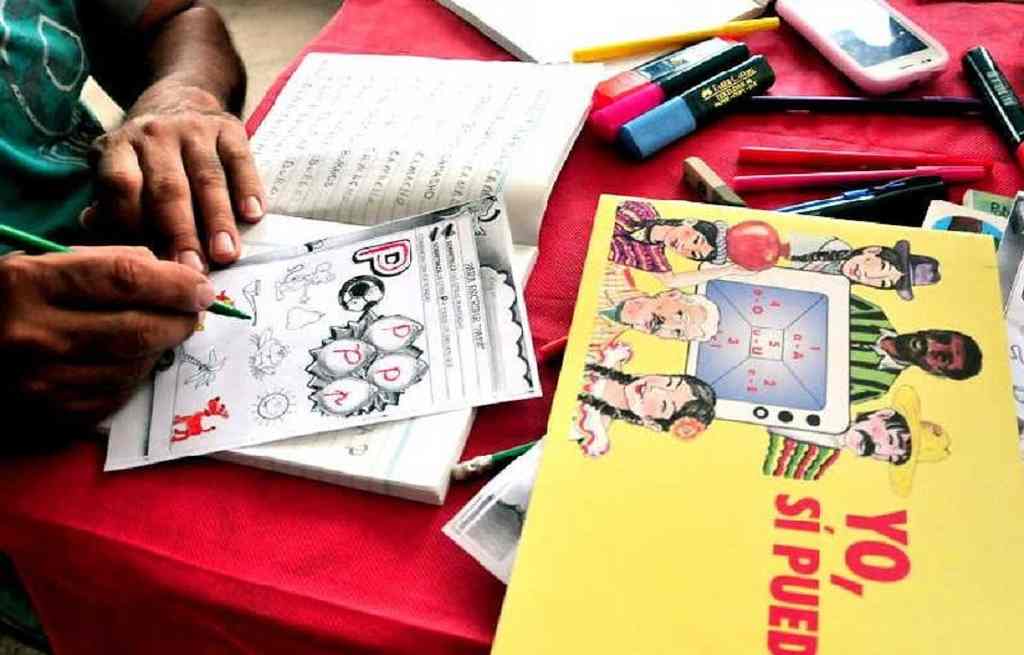The aforementioned ministry reported that to date, some 417,744 citizens have been taught to read and write through the José Manuel Flores Arguijo National Literacy Program, which uses the Cuban methodology “Yes, I Can.”
Through this teaching method from Honduras, the country achieved significant progress with the declaration of nine of its 18 departments (regions) as territories free of illiteracy, the source explained.
These regions managed to reduce their illiteracy rate below four percent, the threshold established by the United Nations Educational, Scientific, and Cultural Organization for granting this status.
For Honduran authorities, the Cuban educational training initiative is key to these results, as it implements community-based teaching strategies and volunteer work in rural and urban areas with educators from the small Caribbean island.
This advisory service also has the support of teachers, social organizations, and local governments to bring basic education to thousands of vulnerable people.
These advances are part of a national effort led by President Xiomara Castro.
With these results, Honduras takes an important step toward achieving the UN Sustainable Development Goals, especially those related to quality education.
The Central American nation’s main objective is to have its 298 municipalities declared free of illiteracy.
The next stage of the well-known method allows literate adults to pursue accelerated primary education, which is included in the “Yes, I Can Continue” program, the path to post-literacy.
More than 10 million people in thirty countries have overcome illiteracy with the system instituted by Cuba.
ef/lam/edu









